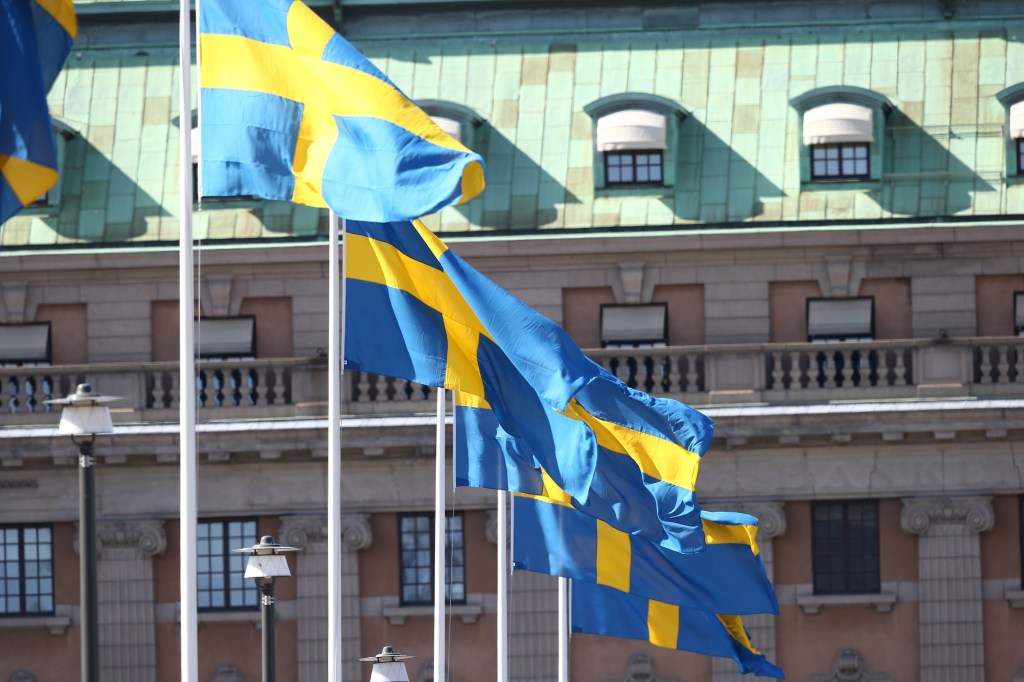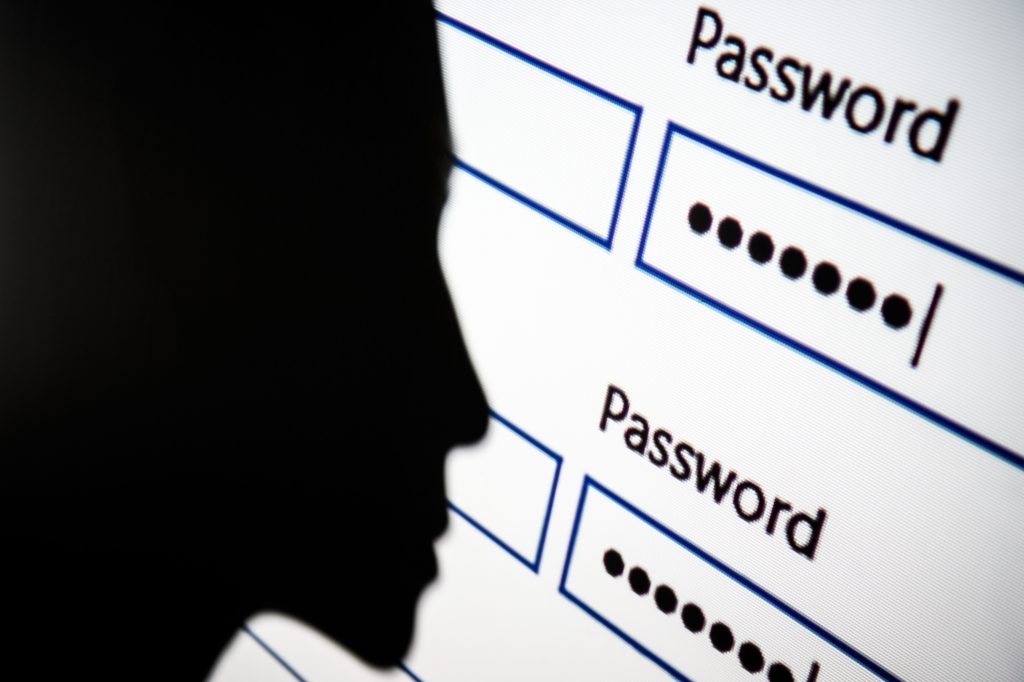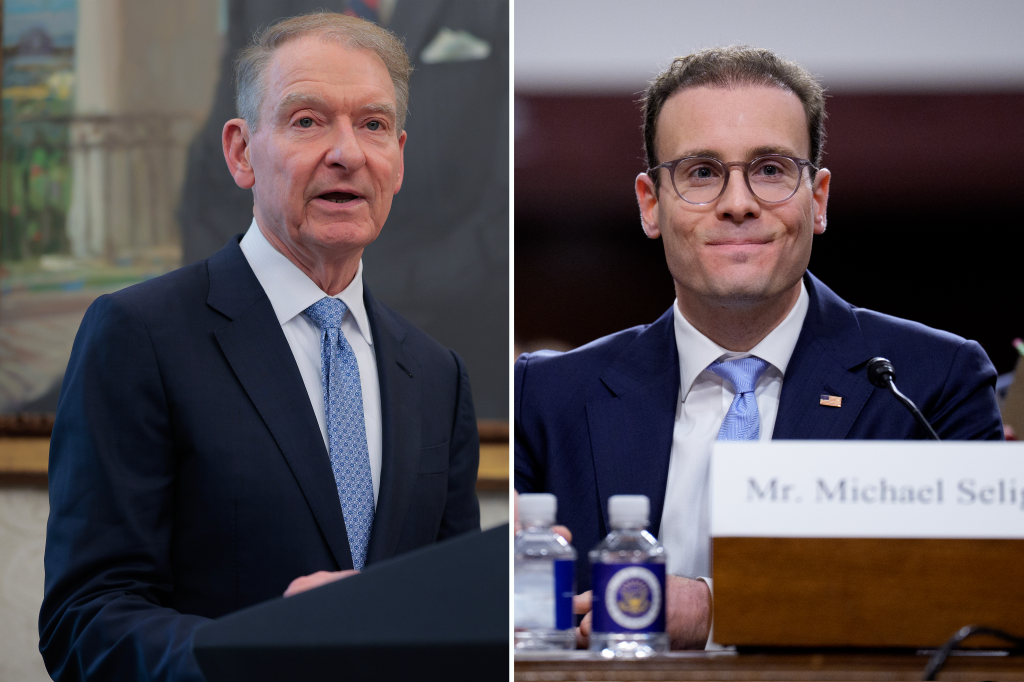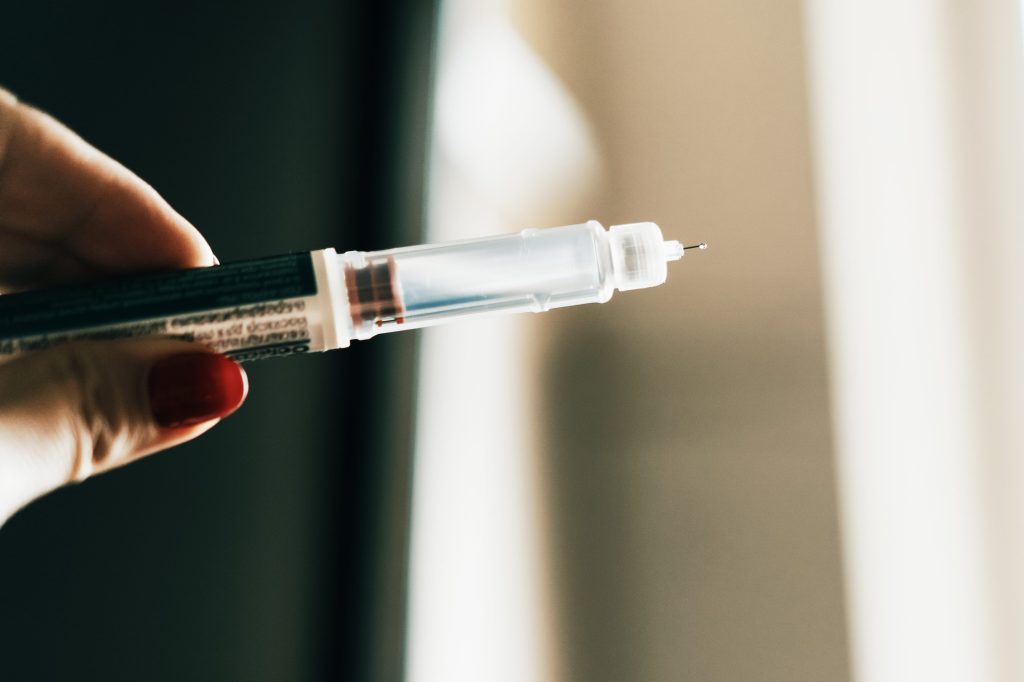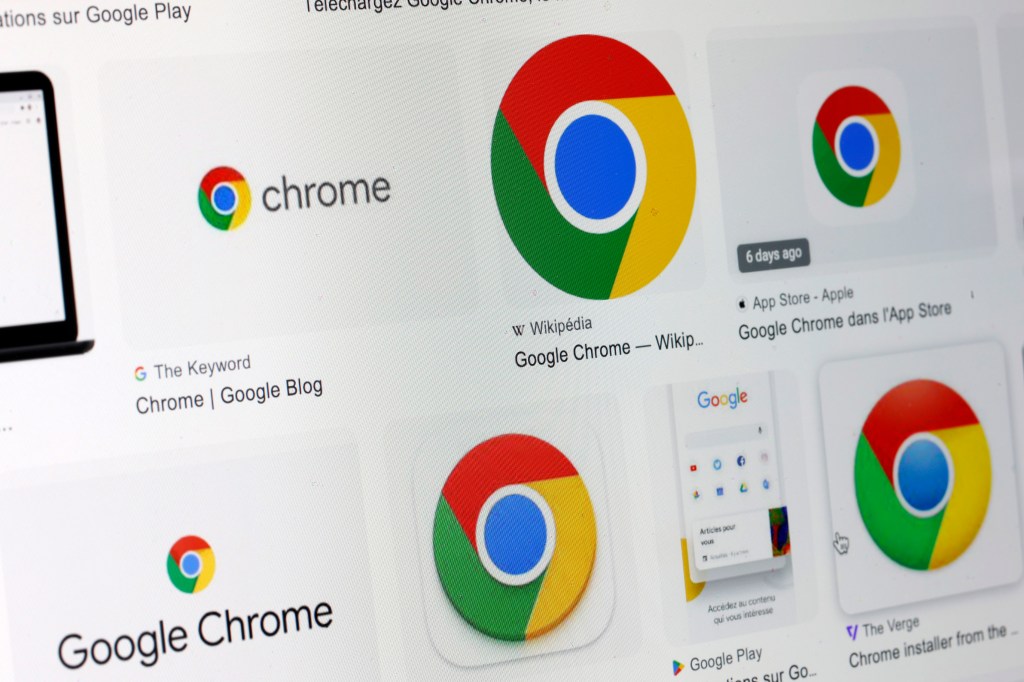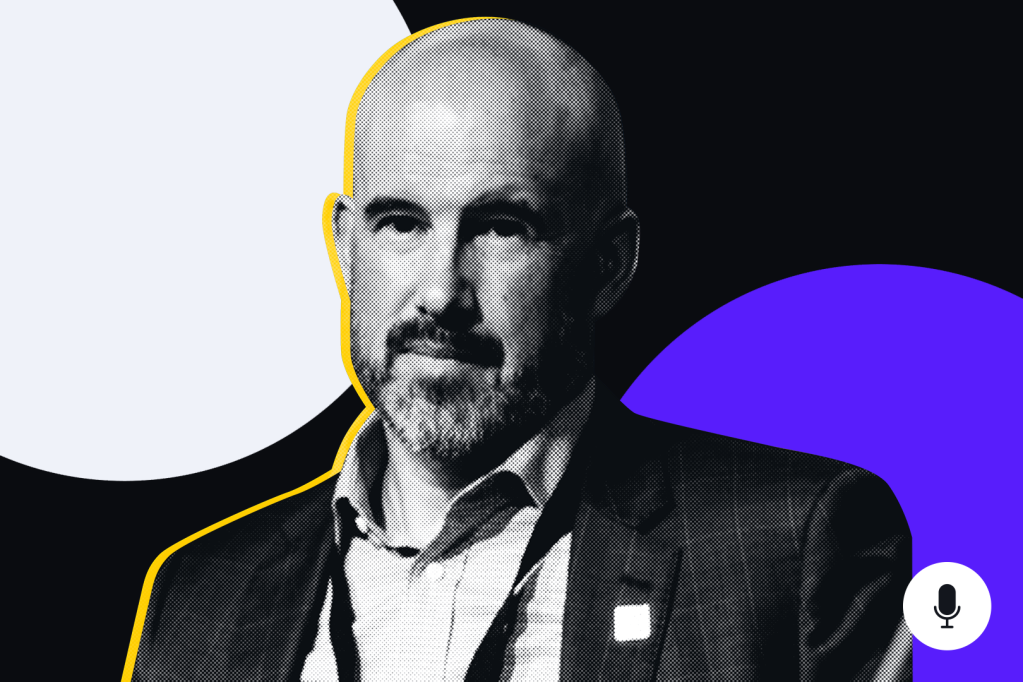Corporación Financiera Colombiana S.A. (Corficolombiana), a bank and lending subsidiary of the Colombian financial services institution Colombian conglomerate Grupo Aval Acciones y Valores S.A. (Grupo Aval), has agreed to pay over $80m for violating the Foreign Corrupt Practices Act (FCPA) and to resolve parallel bribery investigations over bribing high-ranking government
Register for free to keep reading
To continue reading this article and unlock full access to GRIP, register now. You’ll enjoy free access to all content until our subscription service launches in early 2026.
- Unlimited access to industry insights
- Stay on top of key rules and regulatory changes with our Rules Navigator
- Ad-free experience with no distractions
- Regular podcasts from trusted external experts
- Fresh compliance and regulatory content every day


